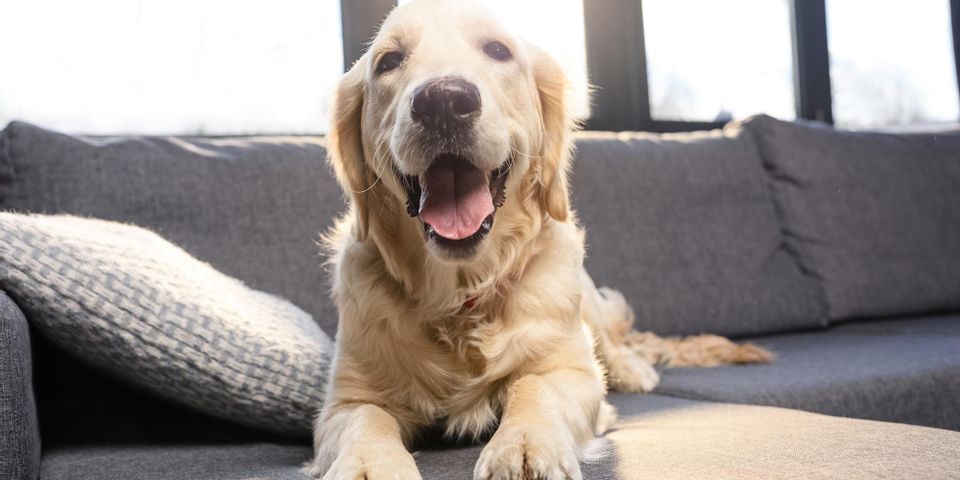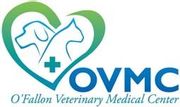
Recently, COVID-19, also known as the Novel Coronavirus, has many people concerned about staying healthy. While this virus can be easily spread between humans, you may be unsure about how it can affect your pet’s health. Since scientists are still learning about this new virus, much remains unknown about how it affects pets. Below is a guide to what scientists do know and what you can do to keep your furry friend safe.
What You Need to Know About Dogs and COVID-19
Can Dogs Become Infected?
Previously, there was no proof to confirm that dogs could become infected with COVID-19. However, two dogs in Hong Kong recently tested positive after being exposed to a human with the virus. Although genetic material from the virus was found during the test, both dogs showed no symptoms.
Doctors also noted that there is no evidence of it spreading between animals. The CDC has no evidence to suggest that pets can spread COVID-19, and there are no reports of animals in the U.S. getting sick.
How Can You Keep Your Dog Safe?
Though thus far there is little cause for concern about pet health, there are still measures you can take to be cautious. Many potential sources of exposure are avoidable. Continue practicing basic hygiene. Washing your hands before and after petting your dog and distancing yourself if you are sick can help keep you and your pets safe and healthy.
What Should You Continue to Do?
Many people are uncertain about whether they can continue spending time outside with their dogs. It is important to refer to local regulations before taking your dog for a walk. If dog-walking is allowed, be sure to go at times when there are fewer people on the street. This will help reduce exposure to those who are potentially infected with the virus. When returning from your walk, cleaning your dog’s paws with an antimicrobial wipe can help reduce the spread of possible germs.
If you have concerns about your pet’s health, turn to O'Fallon Veterinary Medical Center. Their team provides a range of veterinary services including pet vaccinations, spaying, neutering, and dental care for the residents of St. Charles County, MO. Visit their website to request an appointment, or call (636) 272-3100 to speak with a veterinarian today.
About the Business
Have a question? Ask the experts!
Send your question

